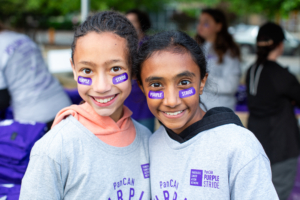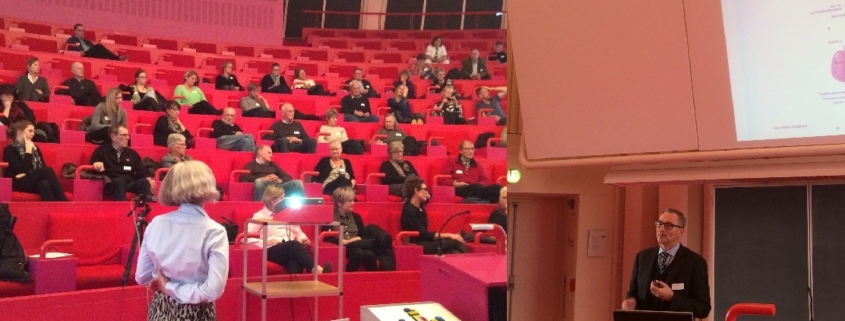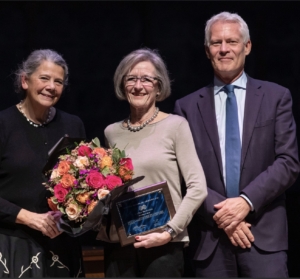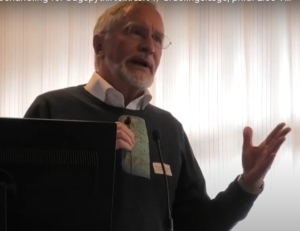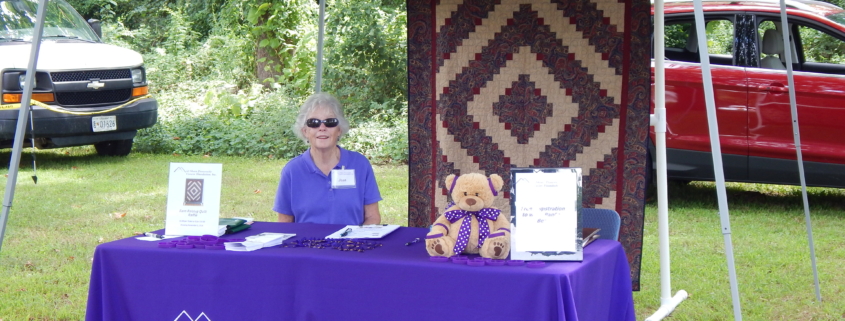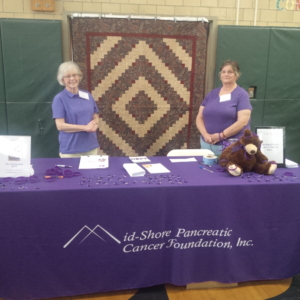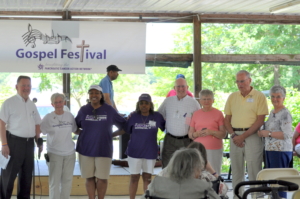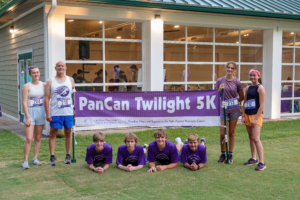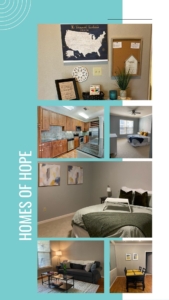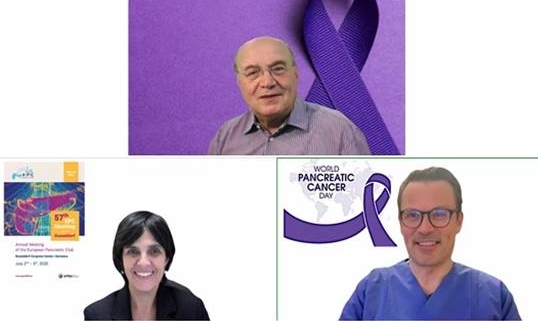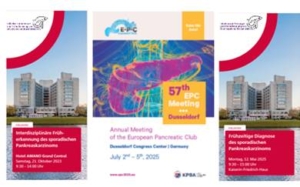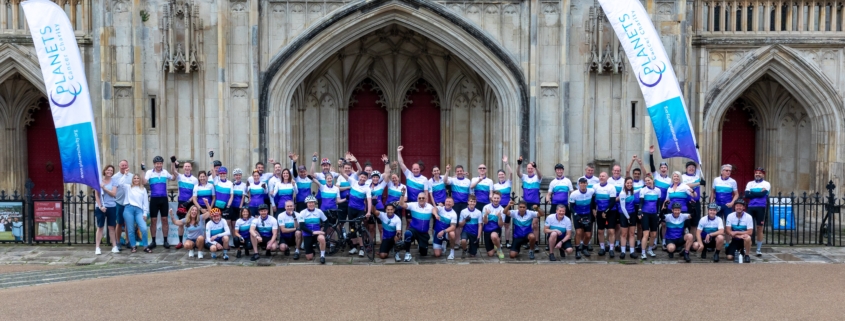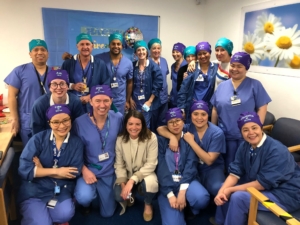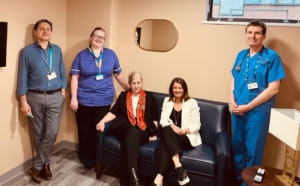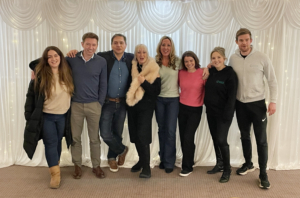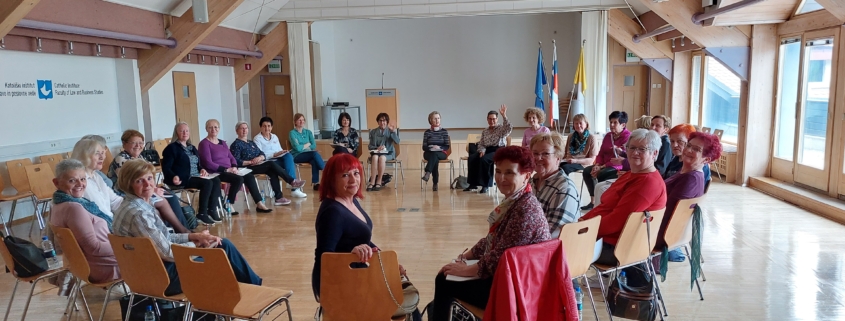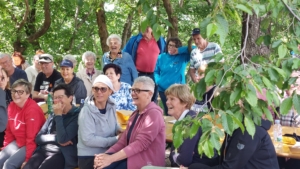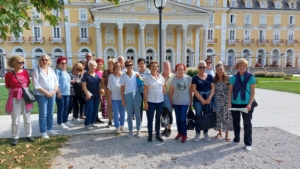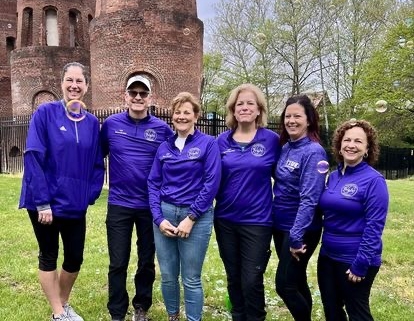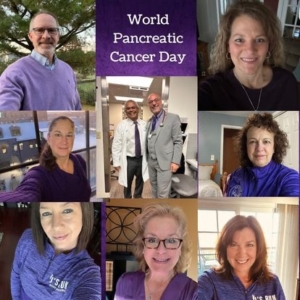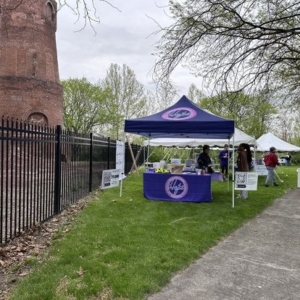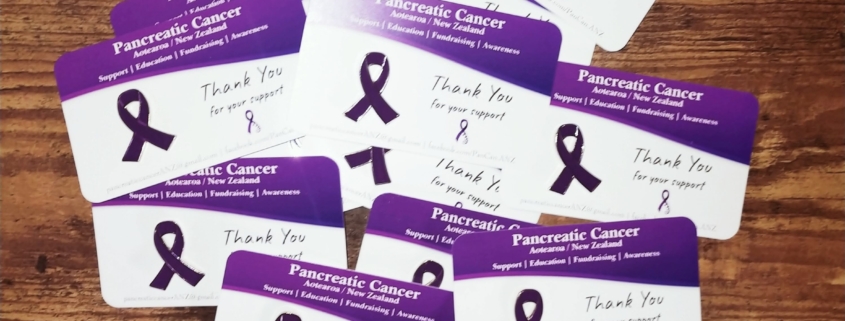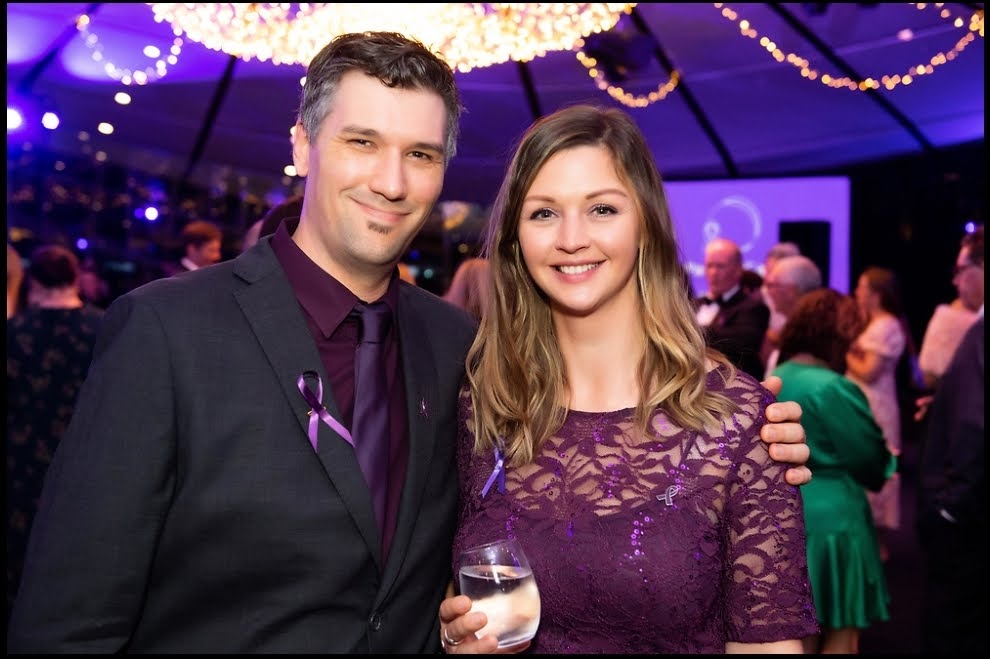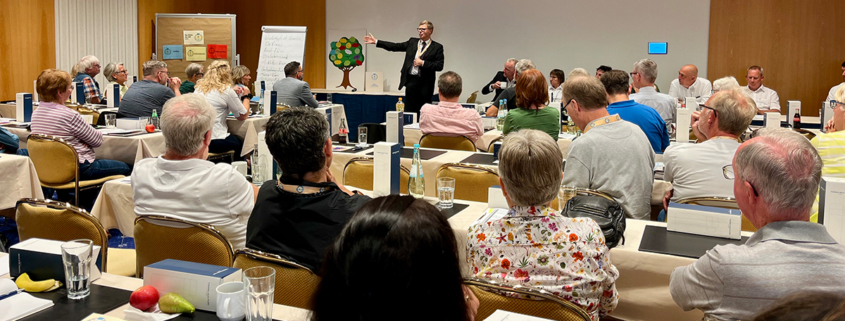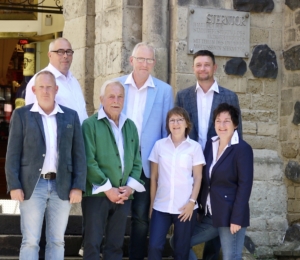Founded in 1999, the Pancreatic Cancer Action Network (PanCAN) is based in the United States and grew out of a desperate search for answers after three loved ones were diagnosed with pancreatic cancer, and their families realized that no one, not even their doctors, knew much about this difficult, and at the time, relatively unknown disease.
PanCAN’s vision is to create a world in which all patients with pancreatic cancer will thrive and for more than two decades, they’ve grown a nationwide movement tackling the disease from all angles.
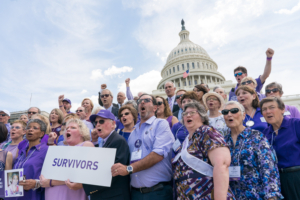
The organization has a comprehensive approach to fighting pancreatic cancer that includes the following:
Research
Funding transformative research — everything from early detection to innovative new treatment approaches.
Patient Services
Providing wide-ranging information to patients, their families, and healthcare professionals about the disease including treatment options, diet and nutrition, support resources and more, so that patients can make informed decisions about their care.
Advocacy
Mobilizing the community to advocate to Congress and educate about the urgent need to increase federal research funding for pancreatic cancer, and they get results.
Community
Empowering volunteers as leaders in the fight against pancreatic cancer to strengthen outreach, increase awareness about the disease, and raise funds to support the mission.
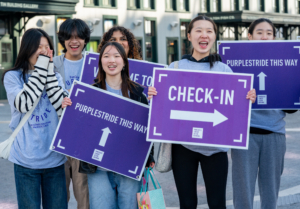

PanCAN is focused on the following priorities to accelerate progress for patients:
- Pioneering the advancement of an early detection strategy for pancreatic cancer.
- Revolutionizing the development of advanced and personalized treatment so that every patient has a fighting chance against this devastating disease.
- Building awareness so everyone knows their risk of getting pancreatic cancer and the early signs and symptoms of the disease.
- Empowering their community with the resources and knowledge they need to advocate for the care they deserve.
- Advocating for increased federal funding so that institutions across the country can continue to build their pancreatic cancer research and care programs.
Over the next year, PanCAN is looking forward to collaborating with WPCC members to drive greater global awareness about the disease, share knowledge with member organizations, and amplify the collective impact of all members to improve outcomes for pancreatic cancer patients.

